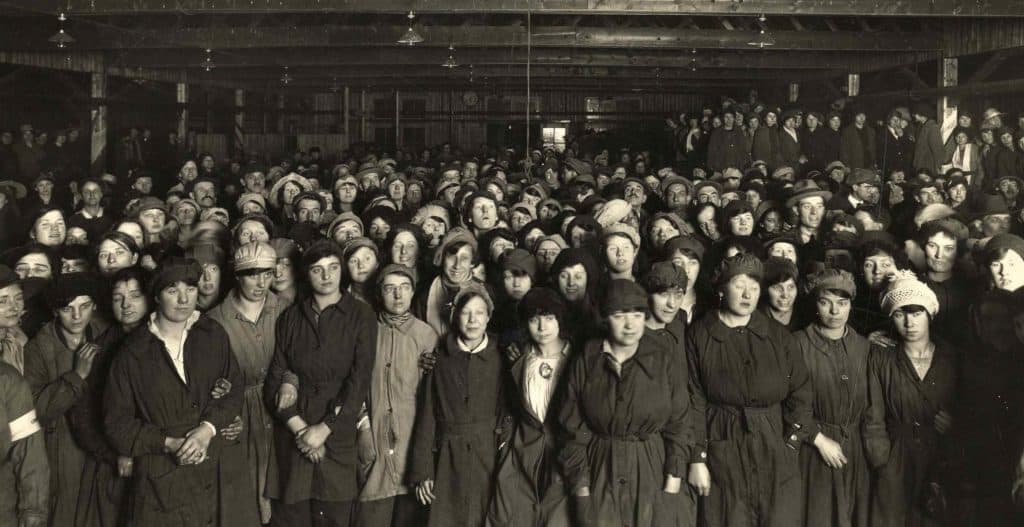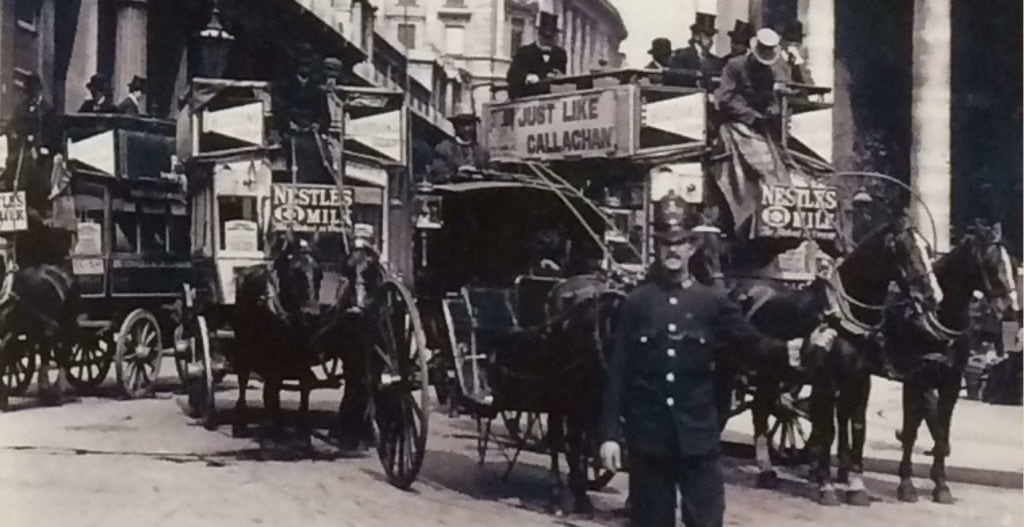The History of Britain Magazine
Welcome to the History of Britain! The home nations share a varied and shared history unlike anywhere else, so we thought it only right to create a section dedicated to our mutual heritage.
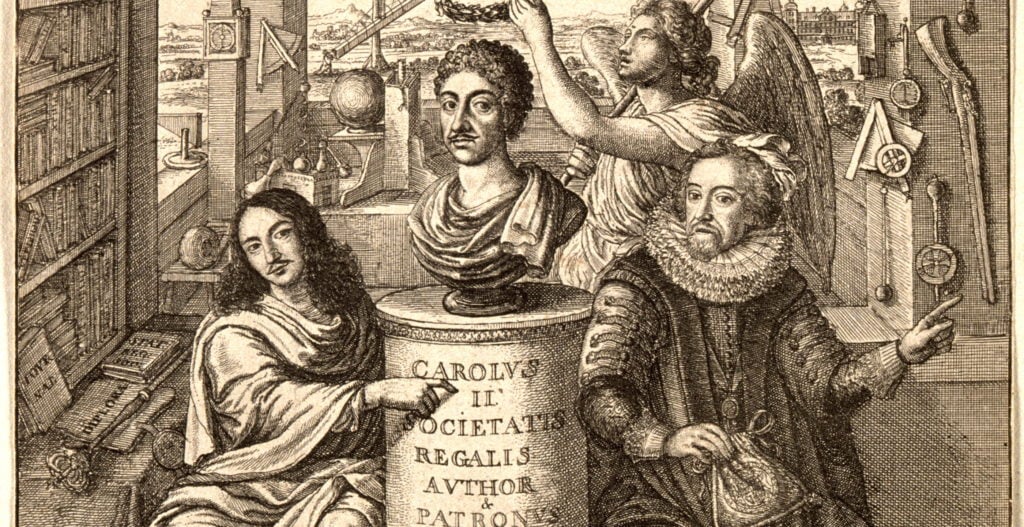
The Scientific Revolution
The period in Europe between Copernicus and Newton is often referred to as the Scientific Revolution, when new approaches to science began to replace the Greek view of nature that had dominated for almost 2,000 years…
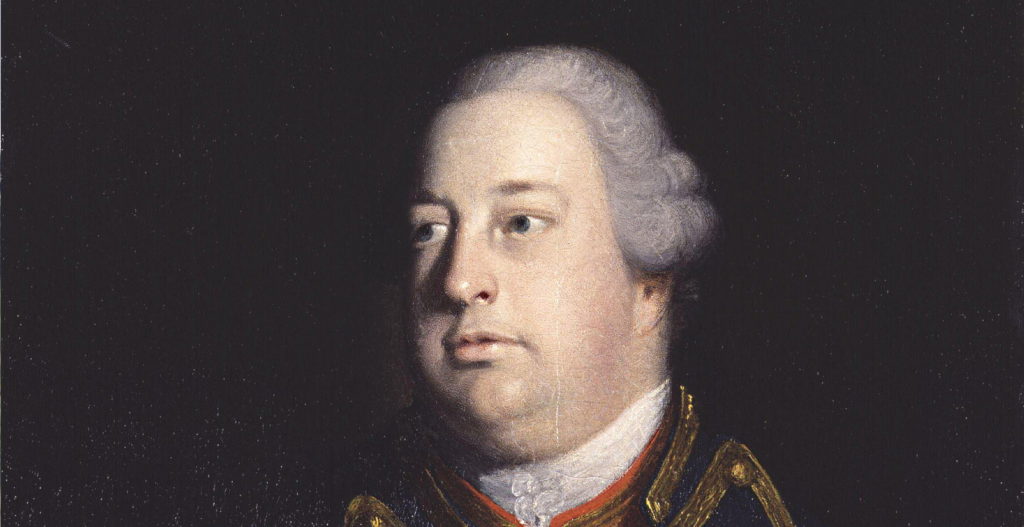
Butcher Cumberland
Son of King George II, Prince William Augustus, Duke of Cumberland is also known by his nickname ‘Butcher Cumberland’, following the Battle of Culloden and his harsh suppression of the Jacobite Rebellion. He remains a controversial British military figure…
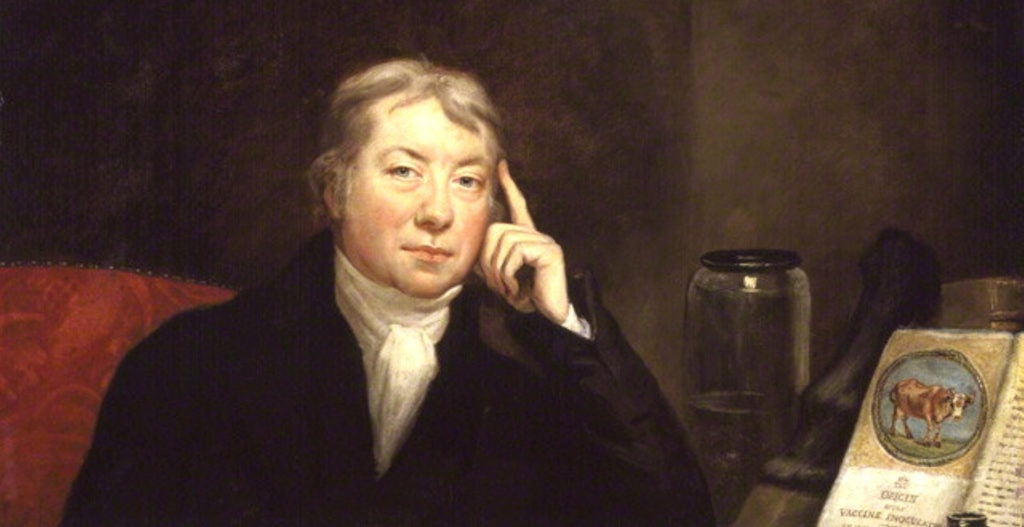
Edward Jenner
Edward Jenner was an English physician who would go on to be become one of the most influential scientists of all time. A pioneer of the smallpox vaccine, his work would go on to save countless lives; it is not hard to see why he is often referred to as “the father of immunology”…
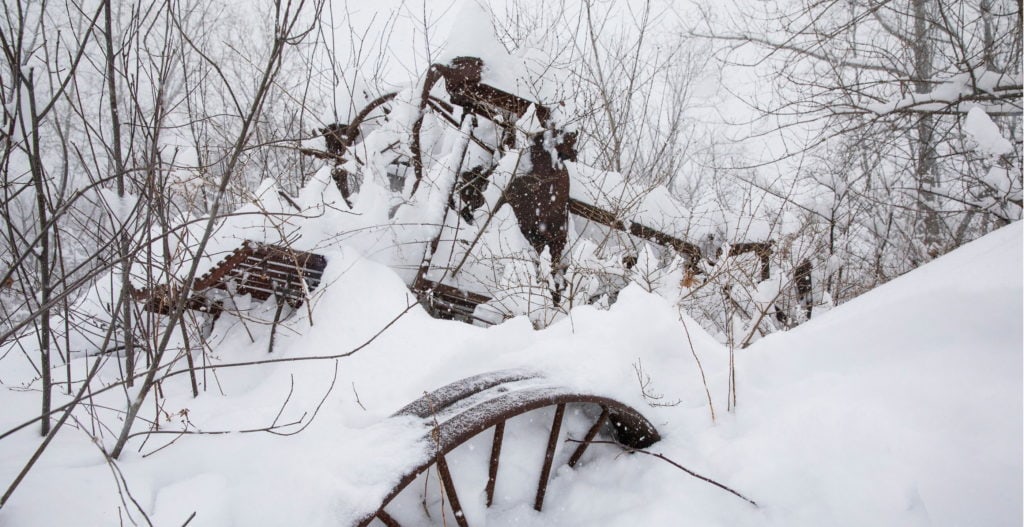
The Great Blizzard of March 1891
One of the greatest storms of all time hit the west of England on 9th March 1891, bringing with it severe gales, heavy snow and freezing temperatures. Sheep and cattle died in the fierce chill; indeed virtually a whole generation of sheep were wiped out…
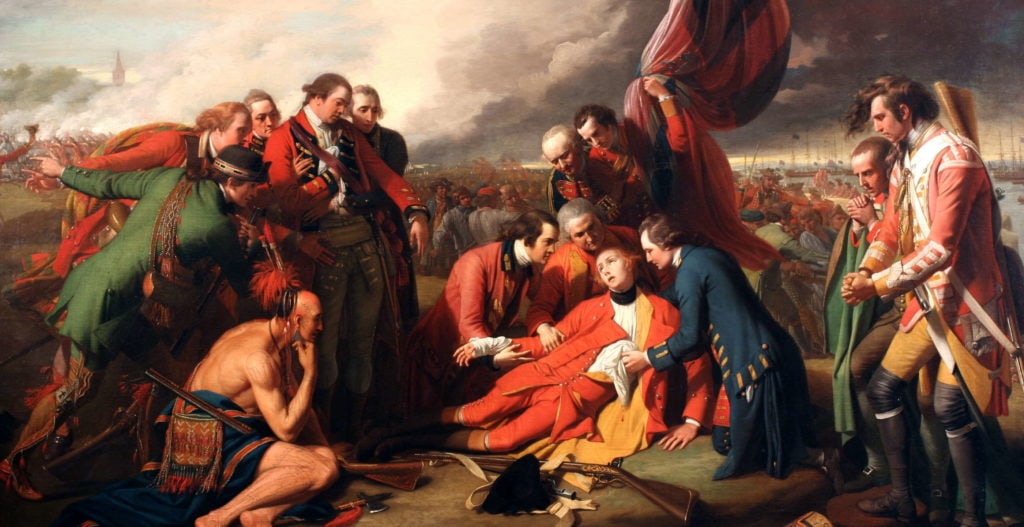
James Wolfe
General James Wolfe, arguably Britain’s most celebrated military hero of the 18th century, is best known for his victory over the French at Quebec in 1759…
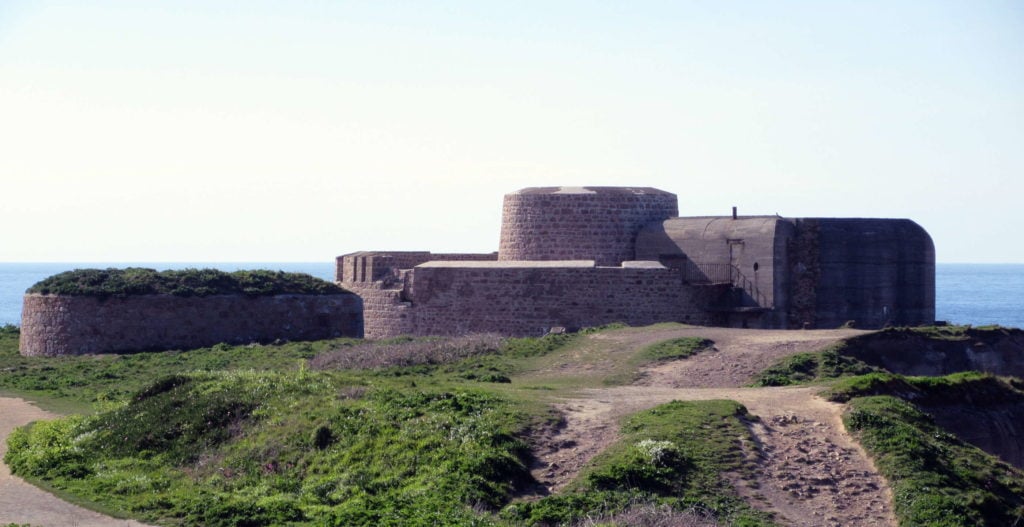
The German Occupation of the Islands of Guernsey
The Channel Islands of Guernsey (Guernsey, Herm, Sark, Alderney and Lihou) were under German occupation during World War Two, from 1940 to liberation in 1945. Known as ‘Hitler’s Island Madness’ the Channel Islands became the most fortified place in the world…
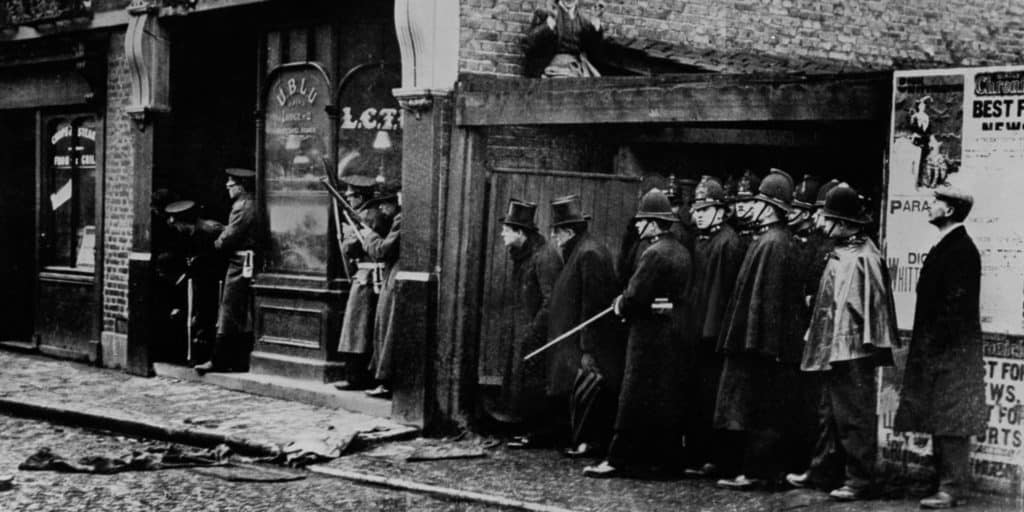
Siege of Sidney Street
Read about the Houndsditch murders of 1910 and the subsequent Siege of Sidney Street of 1911 which left three police officers dead and three more seriously injured. How different our history would have been had Churchill been shot and killed during the fire fight.
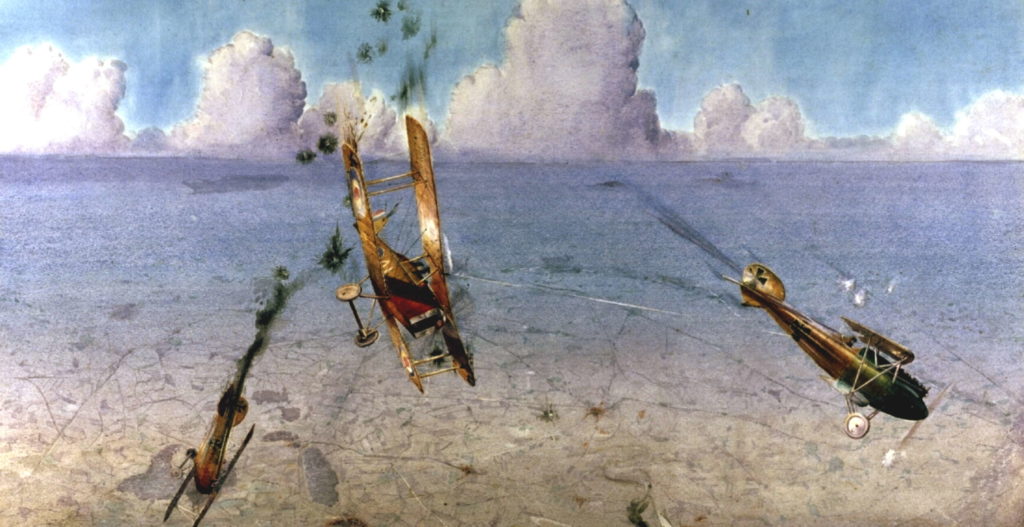
Albert Ball, First World War Fighter Ace
The remarkable Captain Albert Ball VC, MC, DSO and Two Bars was a World War One fighter ace. His daring exploits set him apart from other pilots…

